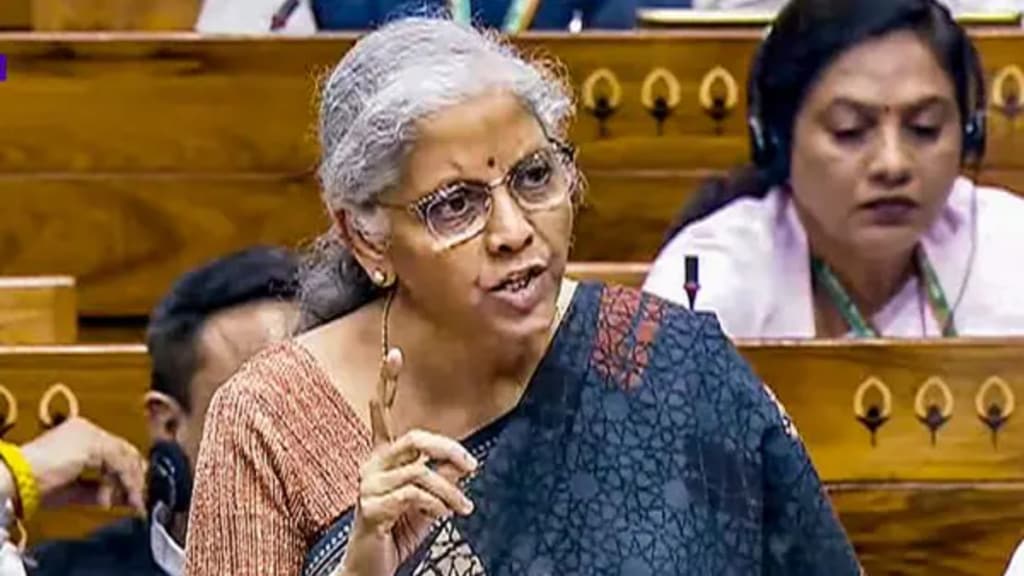By- Dhaval Ajmera
As India strives to emerge as Viksit Bharat by 2047, real estate has proven to be a significant contributor to its growth. According to real estate analysts, the realty market in India is expected to contribute 15% to the country’s total GDP by 2025, reaching the $1 trillion mark by 2030. The key announcements made in the Union Budget pertaining to overall real estate and infrastructural developments along with a plethora of benefits for rural as well as urban housing development is the perfect cornerstone for India to emerge as a developed nation.
Empowerment of the urban poor, middle class and Women
The reforms announced by the honourable Finance Minister like enabling a stamp-duty cut for women homebuyers will act as a sense of encouragement for fence-sitters to make the move along with resonating a strong message for women’s empowerment. The 10-lakh crore outlay to boost urban housing under PMAY 2.0 will elevate the demand for affordable homes.
Keeping in check the motive to promote housing for EWS, the announcement about the allocation of an additional 3 crore homes under PMAY along with interest subvention schemes about affordable homes along with addressing the housing need for 1 crore urban poor and middle-class families will significantly contribute to the vision of Housing for All. Along with this, the reintroduction of interest-based subsidy under the Credit Linked Subsidy Scheme is a major move that will help homebuyers in the affordable category given the rising home loan rates.
Redefining the Infrastructural landscape of India
The government has been bullish about redefining the infrastructural capability of India and boosting connectivity both at regional and national levels. The road connectivity projects are landmark announcements that will not just uplift the demand for housing along the project corridors but also in the nearby micro-markets.
The development of plug-and-play industrial parks across 100 cities along with 12 industrial parks under the National Industrial Corridor Development Programme will give more muscles to the manufacturing department in order to make India self-reliant, in turn also creating ample opportunities for the real estate sector. Along with this, the development of rural connectivity under phase 4 of PMGSY will bolster the economy of 25,000 rural habitats and pave the way for further development in these regions.
Overarching these developments, the CapEx of over INR 11 lakh Crore for the fiscal 24-25, 3.4% of India’s GDP, is a major stimulator for infrastructural development.
Enhancing homebuying through Tax Reforms
The revised tax slabs and increase in the deduction limits under the new tax regime will potentially lead to increased liquidity in the hands of the masses, thus amplifying investments in the real estate sector.
The reduction of LTCG on properties to 12.5% is another strong move that will empower the masses to invest in long-term assets. In turn, this will result in driving up the demand for real estate owing to higher tax rates on other asset classes like unlisted bonds and debentures, debt mutual funds and market-linked debentures. Investors will bank on this opportunity to claim tax deductions in turn, bolstering growth for real estate.
Organization to the last mile
The announcement pertaining to the digitization of the land through the Aadhar registry is a gigantic step into streamlining the most crucial aspect of real estate – land parcel. This move will eradicate any kind of malpractices and promote fair play in the business.
Simplification of the norms for FDIs (Foreign Direct Investments) will drive a high-octane boost for investments from NRIs and overseas institutional investors towards Indian real estate, thus significantly strengthening the country’s economy.
Conclusion: Paving the Way for a Resilient Real Estate Sector
The real estate industry is believed to make a significant contribution to economic growth and employment generation. The announcements made in the Budget presents a unique opportunity to enact reforms that address immediate issues and unleash the potential of this dynamic sector.
With a focus on affordability, sustainability, infrastructure development, and regulatory reforms, the sector aims to establish a policy framework that promotes long-term resilience in the real estate market. Successful implementation of these measures, along with their translation into tangible benefits for developers and homebuyers, will ultimately contribute to the development of a robust growth strategy for Bharat.
(Dhaval Ajmera, Director, Ajmera Realty & Infra India Ltd.)
(Disclaimer: Views expressed are personal and do not reflect the official position or policy of Financial Express Online. Reproducing this content without permission is prohibited.)
